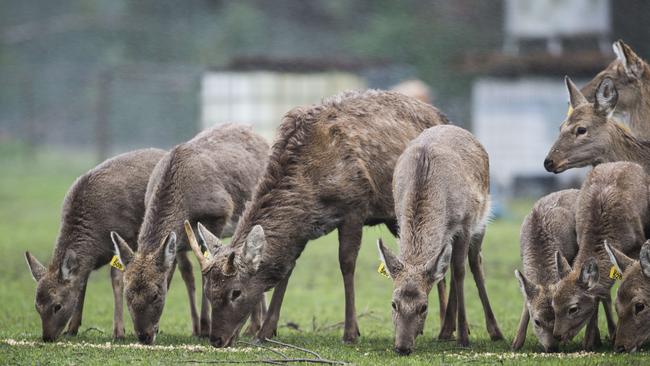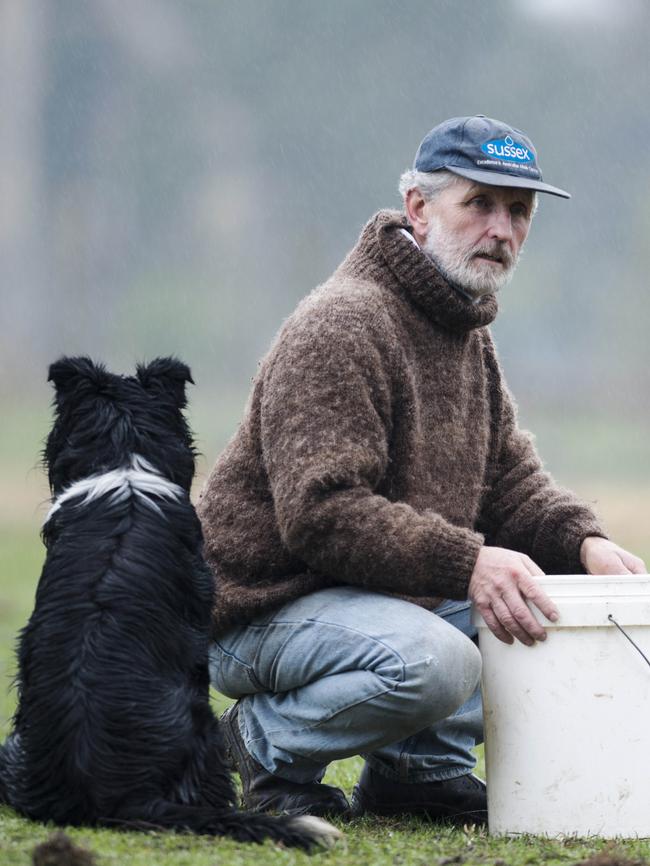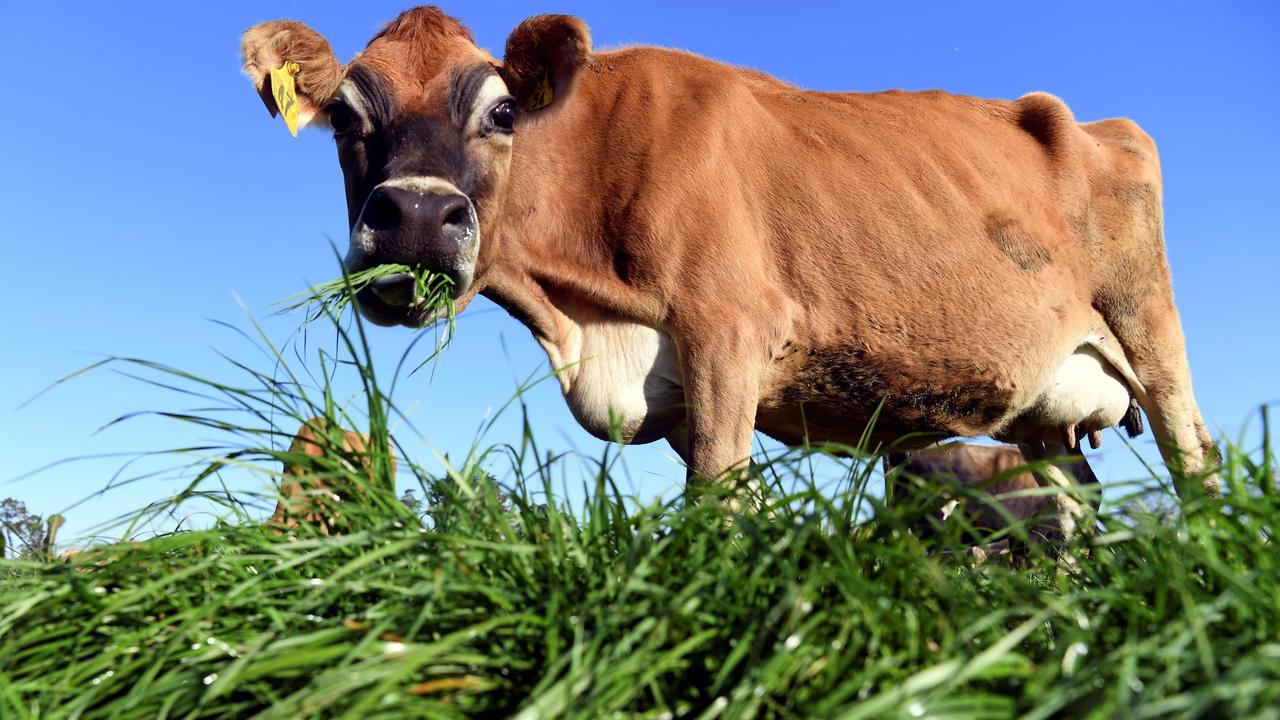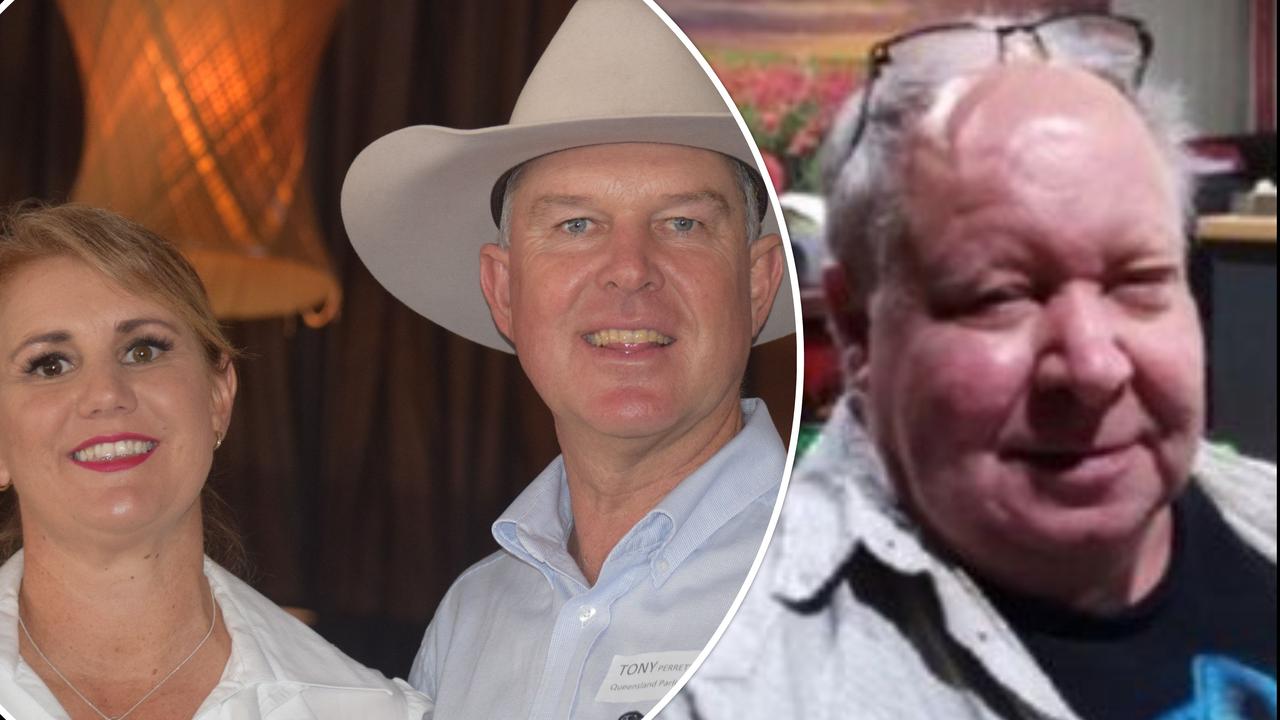Koallah Farms Abattoir earns alpaca, buffalo, deer and llama licences
ANDY Cowan, from Buxton, says Koallah Farms has given growers more options by being able to slaughter deer of any size. It can now process buffalo, alpacas and llamas too.

A BOUTIQUE, on-farm abattoir near Camperdown has become Victoria’s first licensed processor of alpacas and llamas.

Koallah Farms Abattoir, established in 2014, can also now process deer and buffalo.
Managing director Steven Castle said the species were added to existing PrimeSafe licences in May after 18 months of finetuning their operation to cater for different requirements.
“Most of the work around introducing buffalo, deer, alpacas and llamas involved safe handling,” he said.
“In particular, for deer, we had to adjust the height of the fences and work with authorities to ensure safe and effective stunning.
“Until now, alpaca growers right here in southwest Victoria had to truck their animals interstate for processing.
“Similarly, it was very difficult to have private buffalo and deer processed, boned and packed fresh for retail.”
Deer Industry Association of Australia president Andrew McKinnon said processing venison at Koallah Farms made things a lot easier for the producer.
“It was one of the easiest unloading abattoirs I’ve ever been into,” he said.
“There was a lot less stress on the animals.”
One of the closest deer farmers to the abattoir, Andy Cowan, of Buxton, said the Koallah Farms had given growers more options by being able to slaughter deer of any size.
“We didn’t have a lot of options for killing bigger animals, for example 80kg carcass weight,” he said.
“Koallah Farms will slaughter anything from 10 deer to 100 deer — to meet our level of demand.”
Already having sent two loads of deer to Koallah Farms for processing, Yarra Valley Game Meats owner Ken Lang said the processing costs were at an accessible level, providing producers with a new opportunity to compete with rival New Zealand.
“The abattoir is in a central area, where there used to be a lot of deer farmers but the industry has shrunk, he said.
“We need this kind of resurgence to entice young people and keep the industry alive.”


